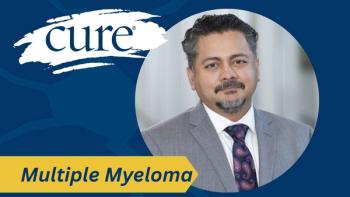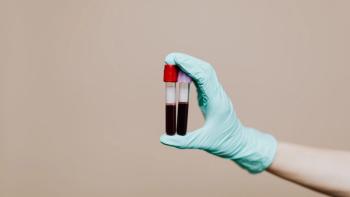
Coming to Grips with A Multiple Myeloma Diagnosis
At the 2019 CURE® Educated Patient® Summit on Multiple Myeloma patient advocate and 10-year survivor Terry White had the chance to share advice on handling a cancer diagnosis.
When patients first hear the words “you have cancer,” feelings of doubt and dread can initially creep in, but by staying optimistic and understanding their diagnosis patients can also learn to come to grips with it. By doing this, patients can continue to live their lives and conquer challenges, like patient advocate Terry White did when he climbed through Patagonia in South America this year.
Terry White is a 10-year survivor with multiple myeloma who joined
White was also one of the keynote speakers at this year’s 2019
TRANSCRIPTION
I would say, there's hope and don't give up. When you're first diagnosed there's really nothing anyone can say to you that makes it feel better. It just takes time, and once you wrap yourself around [your new reality] and learn more about it, the more you know and the better off you feel. You're able to come to grips with it.



